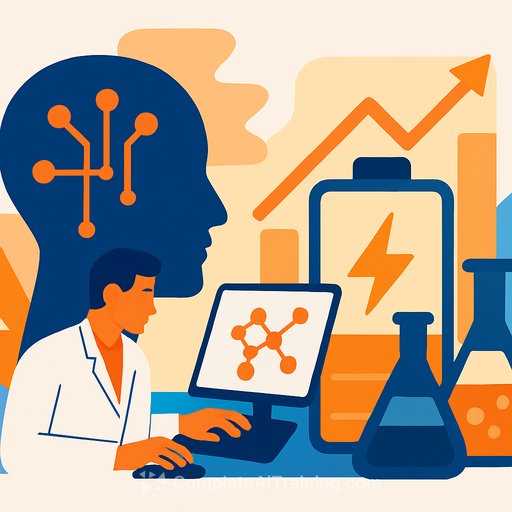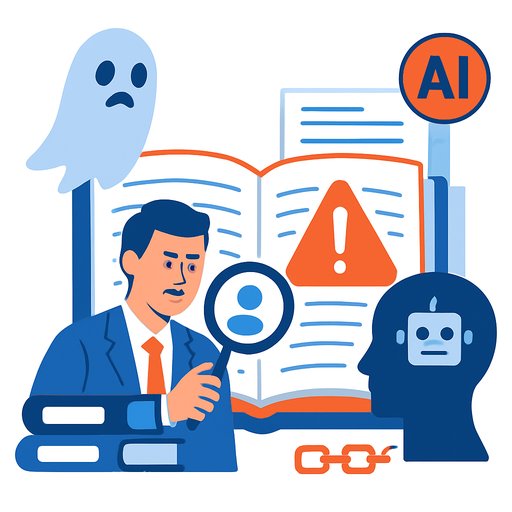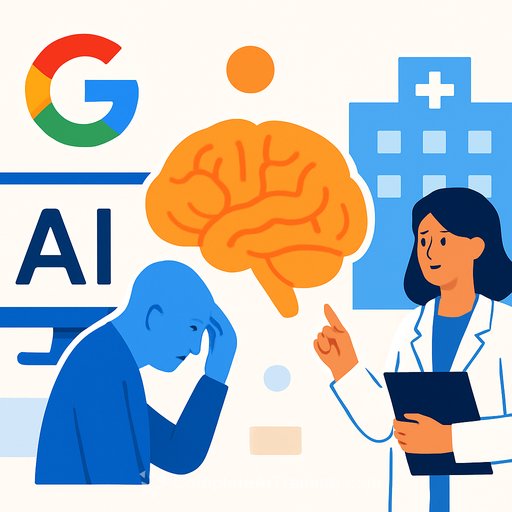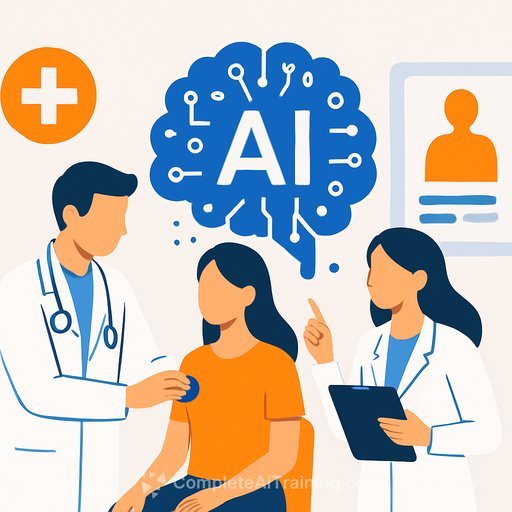AI Agents Accelerate Early-Stage Battery Research at University of Bayreuth
Researchers at the University of Bayreuth and the Hong Kong University of Science and Technology have introduced an AI-driven multi-agent system to rapidly develop new battery electrolytes. This approach significantly shortens the traditionally lengthy and resource-heavy initial phase of battery material discovery.
Identifying promising battery materials typically involves weeks or even months of experimental testing. The new AI system condenses this process to just a few hours by generating novel material suggestions based on extensive literature and data analysis.
Multi-Agent System Using Large Language Models
The team published their findings in Advanced Materials, detailing a multi-agent network that leverages large language models (LLMs) like ChatGPT. The system includes two specialized software agents collaborating to solve research questions.
- One agent maintains a broad overview of relevant scientific literature.
- The other agent focuses on deep, detailed expertise within the field.
These agents simulate a scientific debate, merging insights from their training data and literature to propose innovative electrolyte compositions.
From Passive Analysis to Active Scientific Partner
Prof. Dr. Francesco Ciucci from the University of Bayreuth describes the multi-agent system as a "creative scientific partner" that accelerates material discovery by combining broad and specialized knowledge.
Dr. Matthew J. Robson of the Hong Kong University of Science and Technology highlights the shift in AI’s role—from a passive data analysis tool to an active collaborator capable of generating novel, high-quality hypotheses.
Experimental Success with Zinc Battery Electrolytes
The AI system proposed several new, cost-effective, and environmentally friendly electrolyte components for zinc-ion batteries. One formulation demonstrated exceptional performance during lab tests, matching advanced electrolytes in its class.
- Over 4,000 charge-discharge cycles showed outstanding durability.
- Set a new fast-charging record for its electrolyte category.
- Delivered nearly 20% higher capacity at fast-charging speeds compared to similar electrolytes.
These results indicate that AI-driven material discovery, combined with laboratory validation and expert judgment, can accelerate solutions for energy storage challenges.
For those interested in expanding their AI expertise in scientific research, resources like Complete AI Training offer tailored courses on AI applications in various fields.
Your membership also unlocks:






